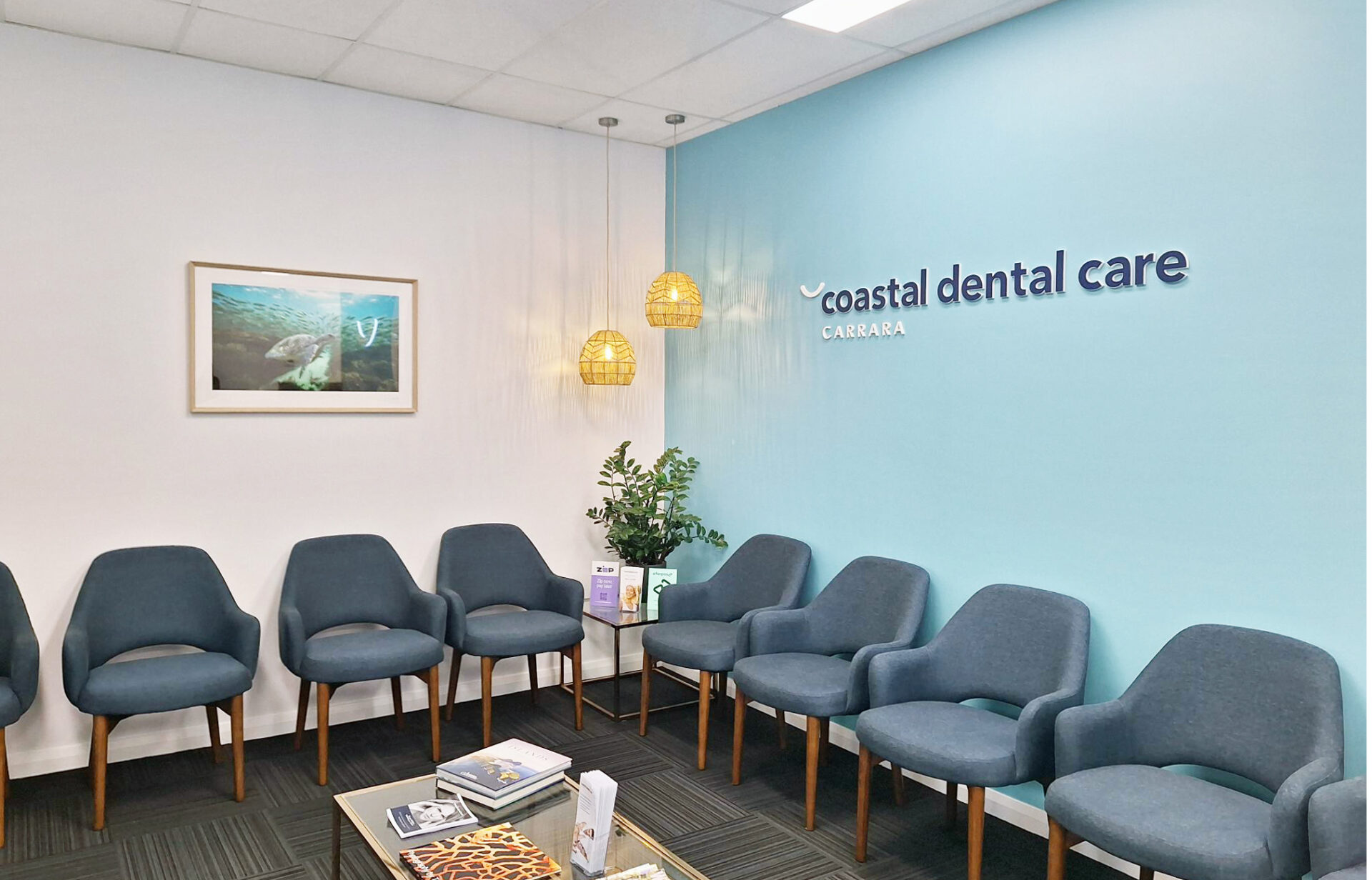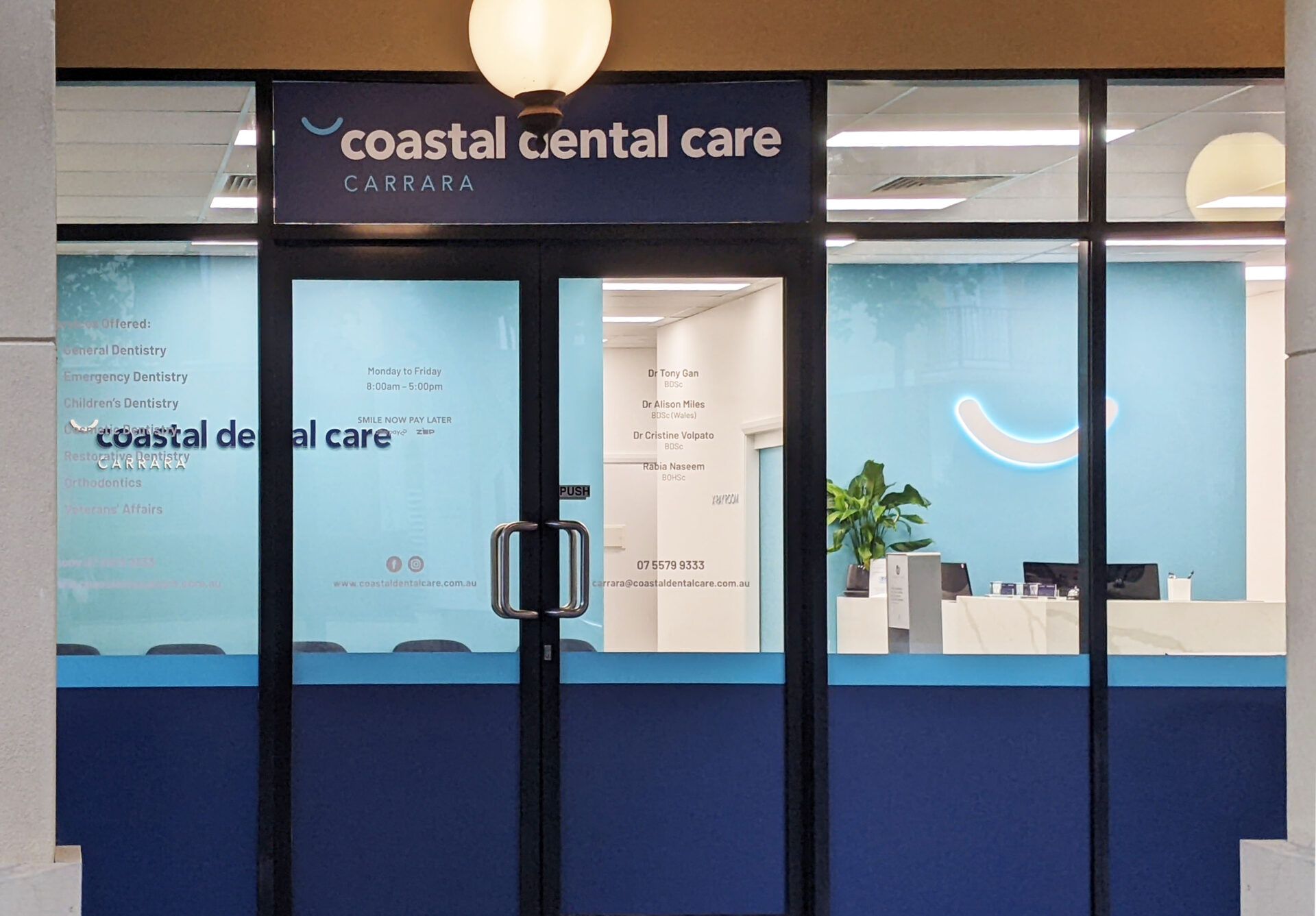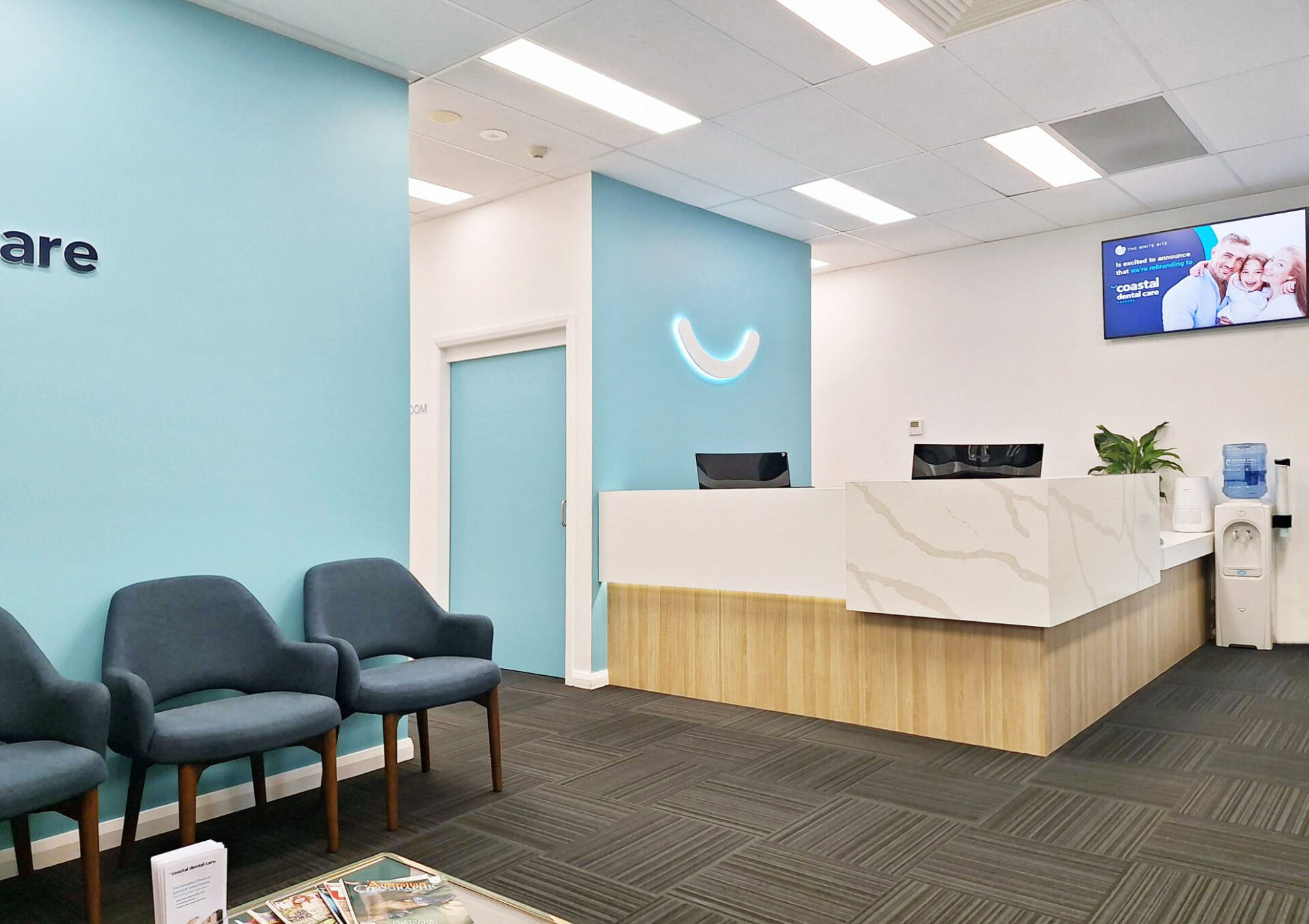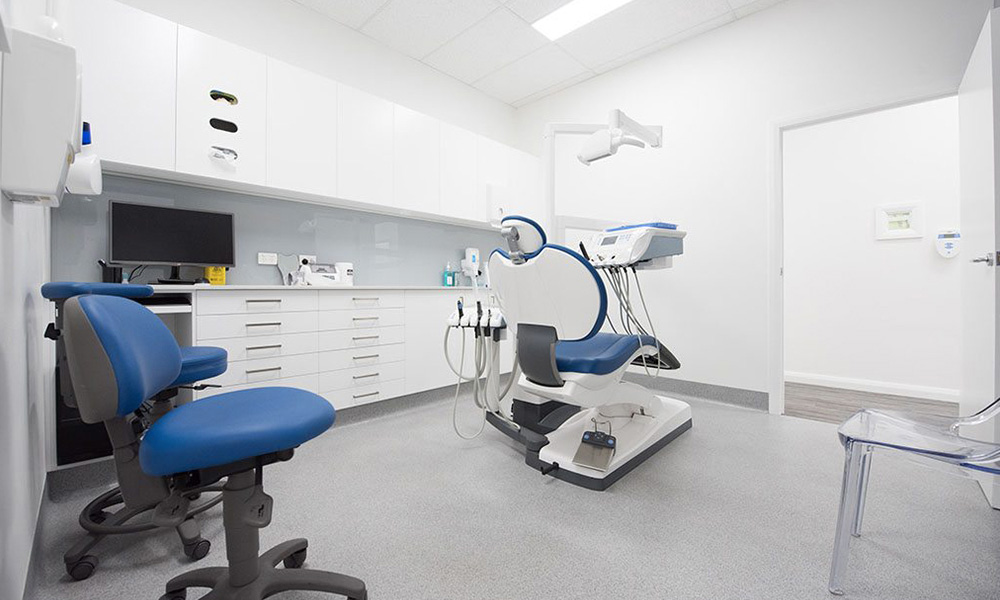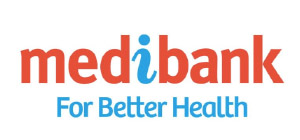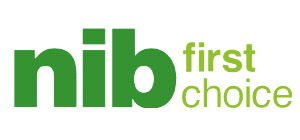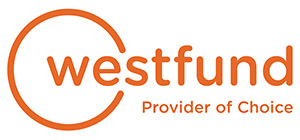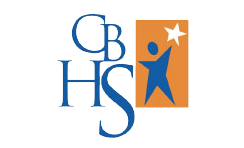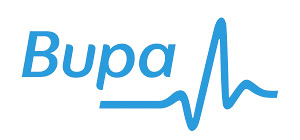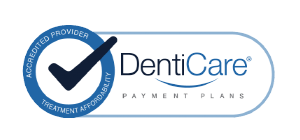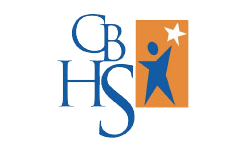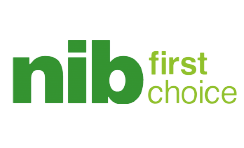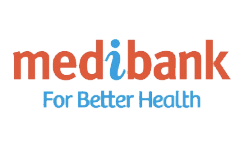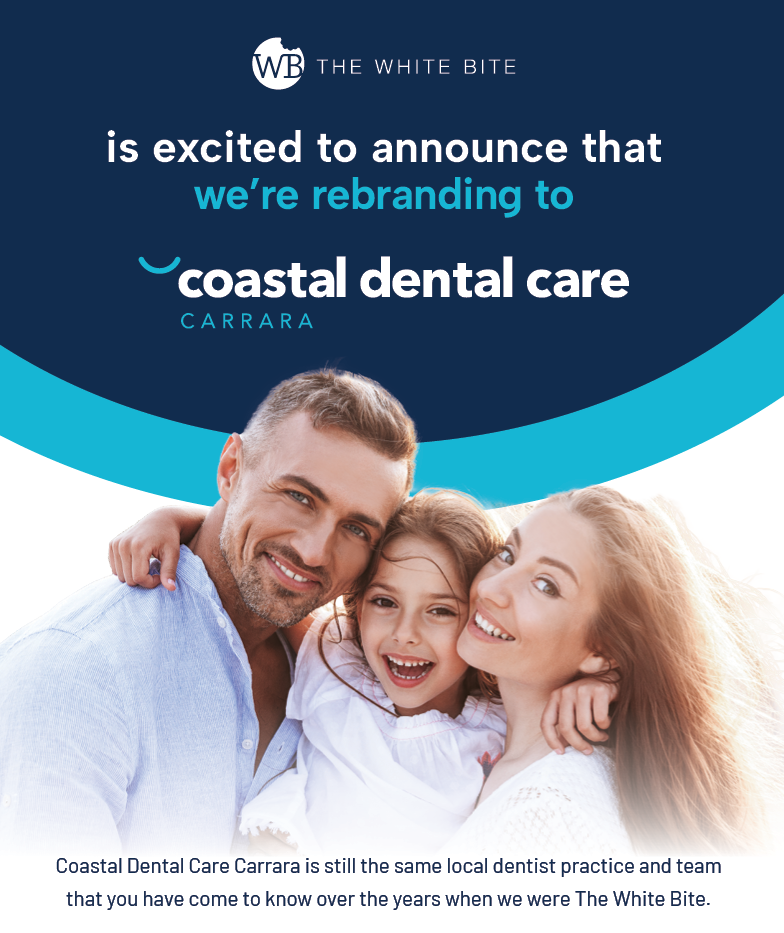Your Carrara Dentist
Coastal Dental Care Carrara, formerly known as “The White Bite,” is a dental facility that is well-prepared to cater to the dental needs of residents in the locality. Situated in the charming French quarter of the Boulevard, our practice enjoys a prime boutique position, surrounded by serene environs. Adjacent to our facility, there are numerous cafes and shops to offer our clients added convenience.
Our dental practitioners, a team of warm and hospitable professionals, offer an array of treatments tailored to the needs of our clients. Drawing on years of experience in the dental field, our team is passionate about helping clients achieve optimal oral health.
Your local dentist – contact us today!



